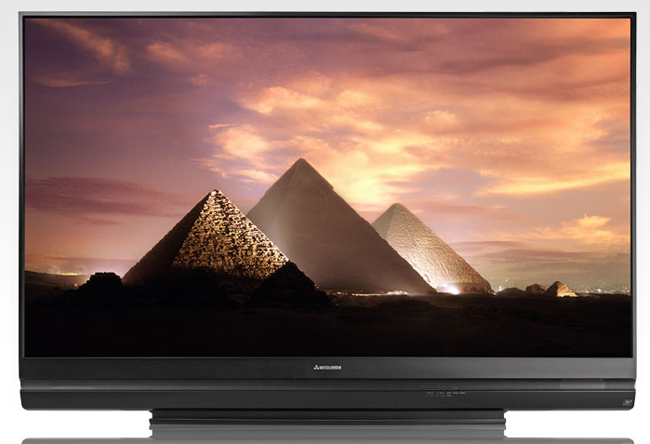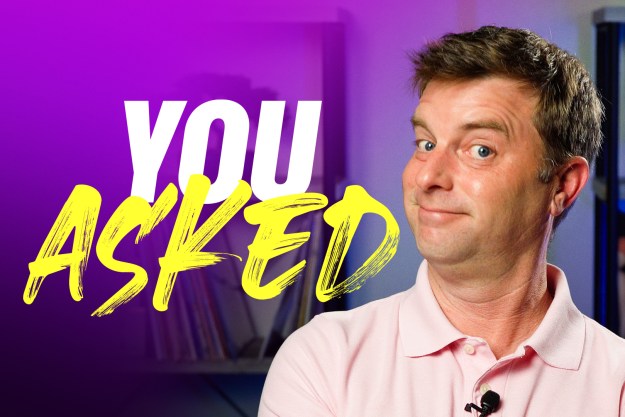 It is the technology used in many digital movie theaters, but a recent move by Mitsubishi spells the end of an era for the in-home use of DLP televisions as it recently announced it would go dark with its DLP (digital light processing) line of TV sets. Unlike plasma or LCD, these rear-projection TVs were anything but flat, and while they did provide a big screen, they also required some serious real estate in the living room – so much so that most of Mitsubishi’s competitors had long since exited the market.
It is the technology used in many digital movie theaters, but a recent move by Mitsubishi spells the end of an era for the in-home use of DLP televisions as it recently announced it would go dark with its DLP (digital light processing) line of TV sets. Unlike plasma or LCD, these rear-projection TVs were anything but flat, and while they did provide a big screen, they also required some serious real estate in the living room – so much so that most of Mitsubishi’s competitors had long since exited the market.
In fact, Mitsubishi was the last company to stick with this technology, and, as a result, had carved out a reasonably successful niche, especially since DLP offered a viable option for 73, 82 and even massive 92-inch HDTVs at a price which didn’t require producing a Hollywood blockbuster to afford. The rear-projection TVs offered a far more cost effective inch-for-inch option than flat-panel systems, but despite this fact, behemoth-sized sets never broke out beyond the niche. Given the increasing sizes of flat panel TVs, expanding home theater projector options, and the fact that most viewers don’t really have the right room for a 73-inch set, the market was limited.
As such Mitsubishi pulled the plug on the line.
Max Wasinger, an executive at Mitsubishi, reportedly told CE Pro that the company is “in the midst of an orderly exit from the DLP TV business,” and Mitsubishi Electrical Visual Solutions America will now focus on the business-to-business (B2B) market through projectors, printers and monitors, but will still remain in the home theater projector market.
Mitsubishi was the final company to remain in the rear-projection TV arena as the last two holdouts, Sony and Samsung exited the space in 2007 and 2008 respectively.
For now the massively large screen sizes may be limited to movie moguls and the likes of Mark Cuban (a reported owner of Panasonic’s 103-inch plasma), as the options now include Sharp’s 90-inch LED model for $10,000 or about three times the price of the similarly-sized Mitsubishi DLP set. But with the promise of Ultra HD (4K) sets on the horizon that offer the promise of greater resolution – and thus even larger screen sizse – it will only be a matter of time until 85-inch is the new 50-inch.


